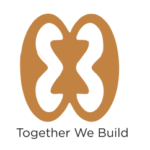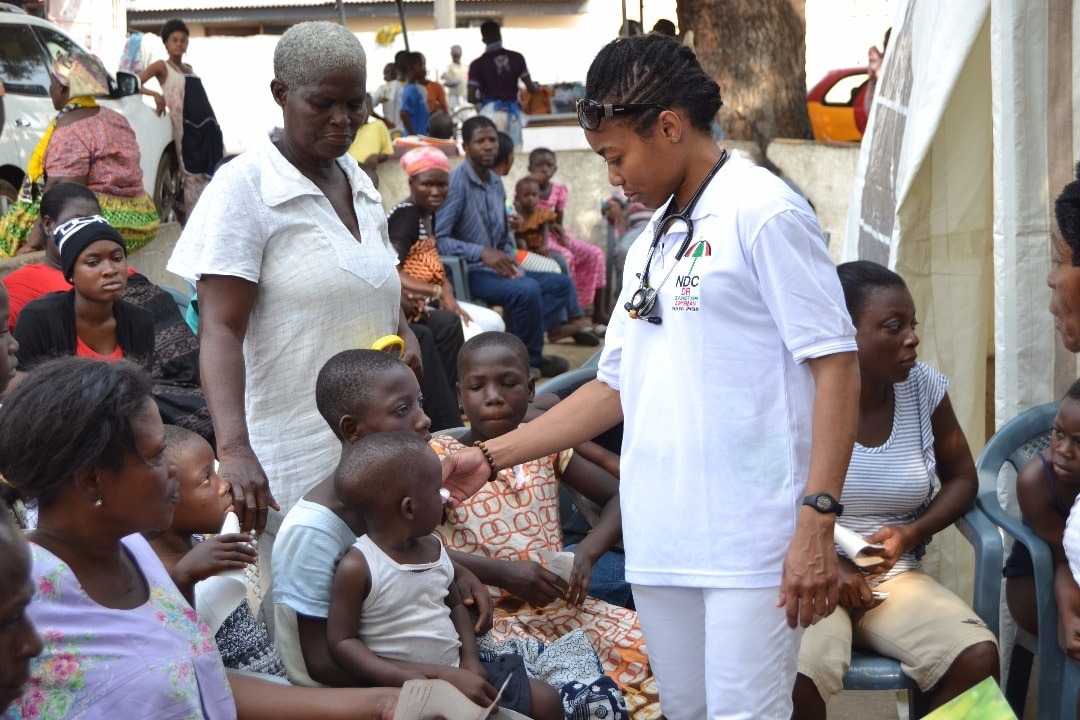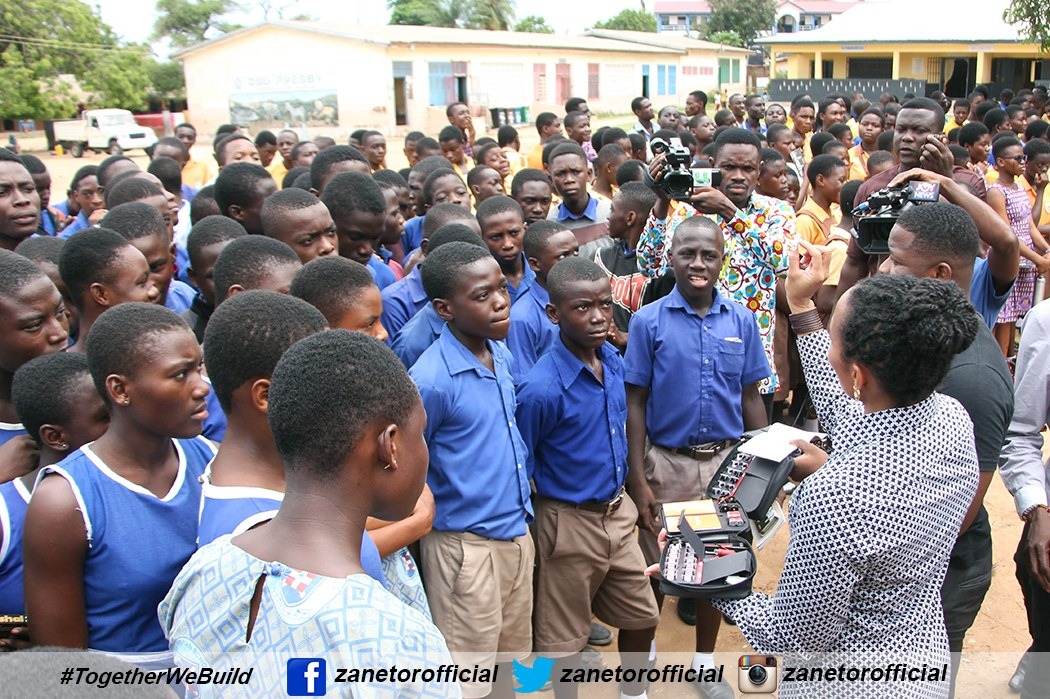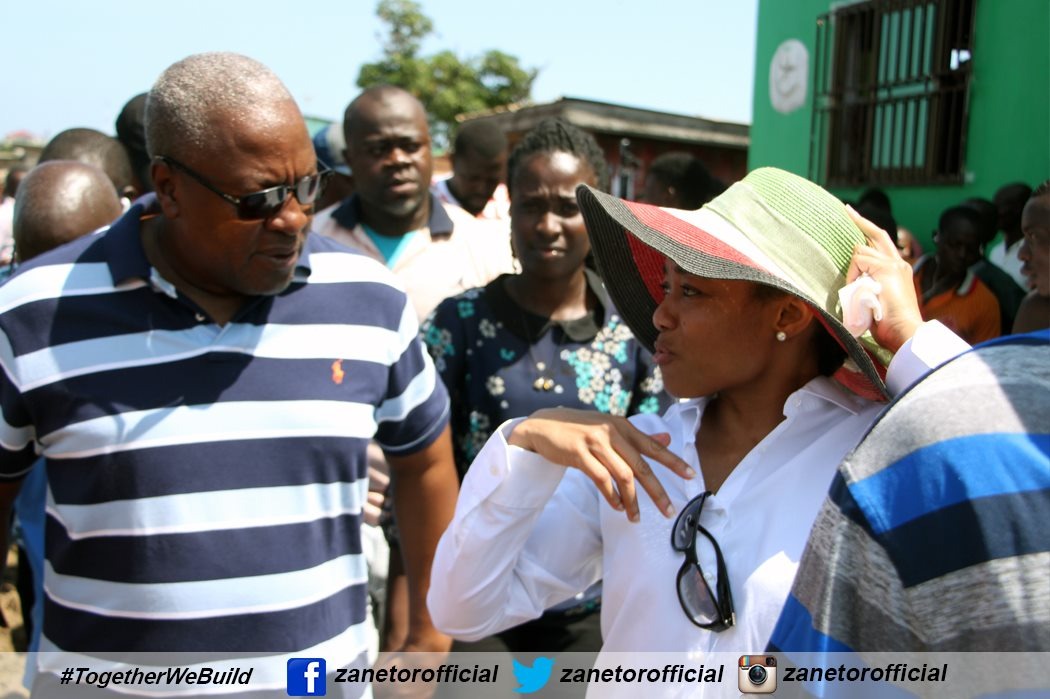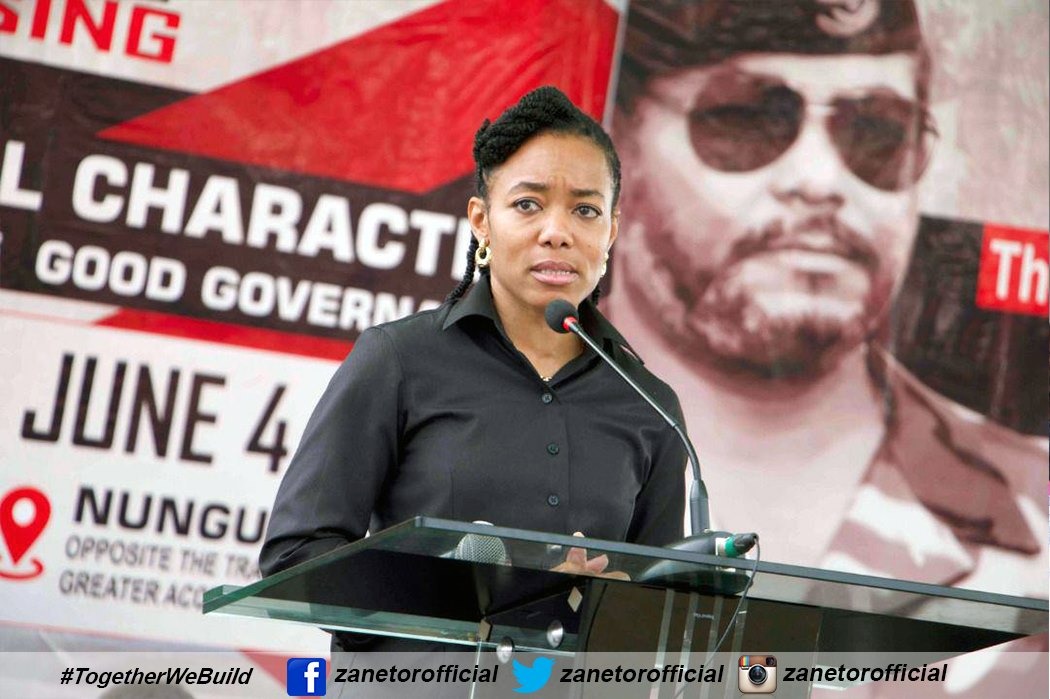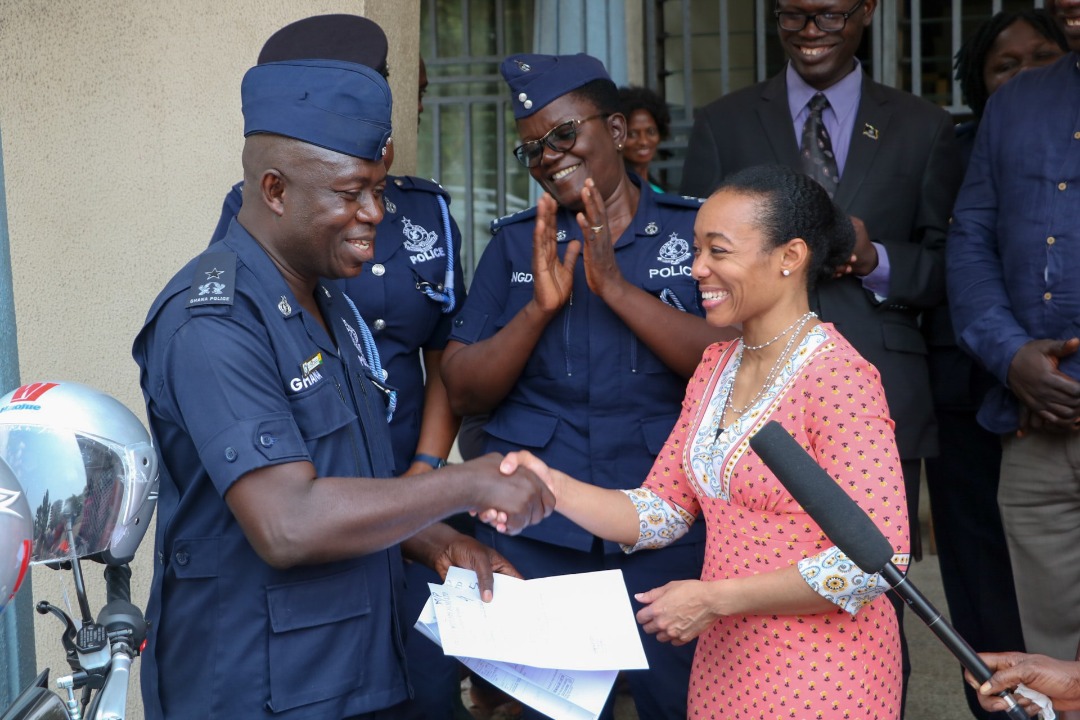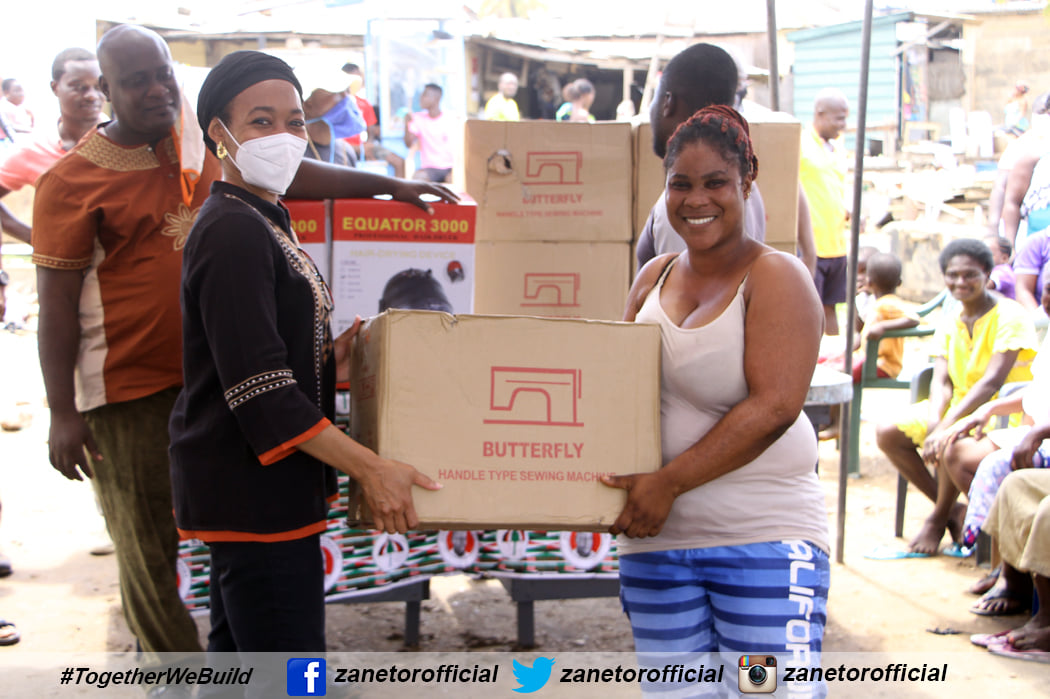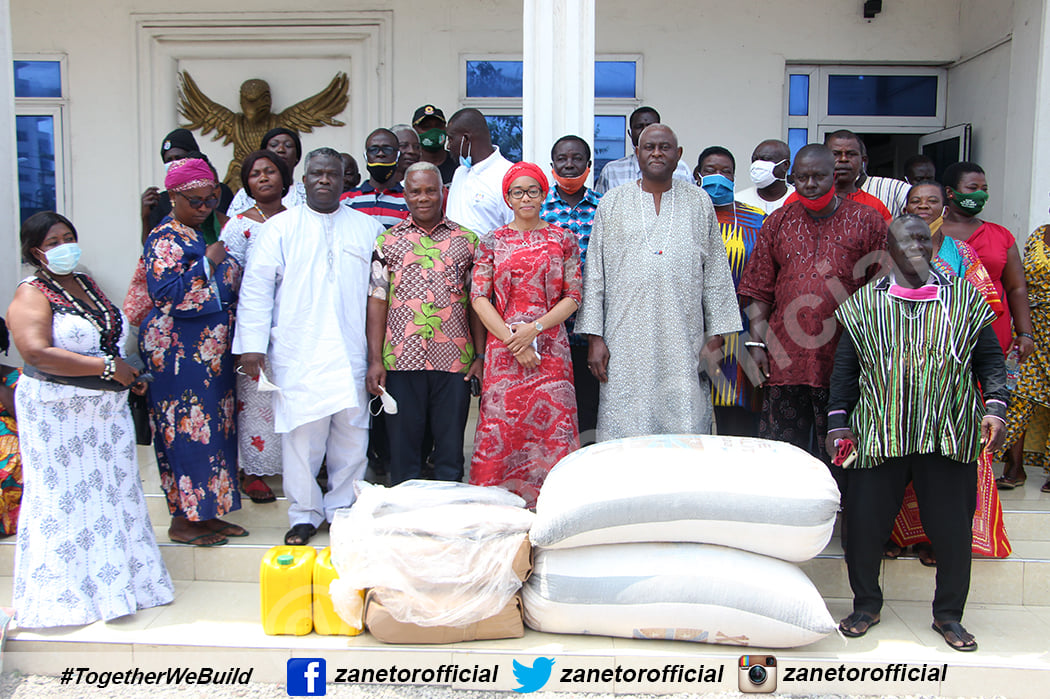Statement On African Integration Day By Hon. Dr. Zanetor Agyeman-Rawlings, Honourable Member Of Parliament For Klottey-Korle Constituency And Deputy Ranking Member On The Select Committee On Defence And Interior
Thank you, Mr. Speaker, for the opportunity to make a statement today.
Mr. Speaker, the African Union Heads of State and Government, in 2019, designated the 7th of July every year as the African Integration Day.
The objective is to draw attention to and celebrate the most significant achievements attained in the regional and continental integration process. Furthermore, this day aims to encourage reflection on lessons learnt so far and how current challenges can be addressed.
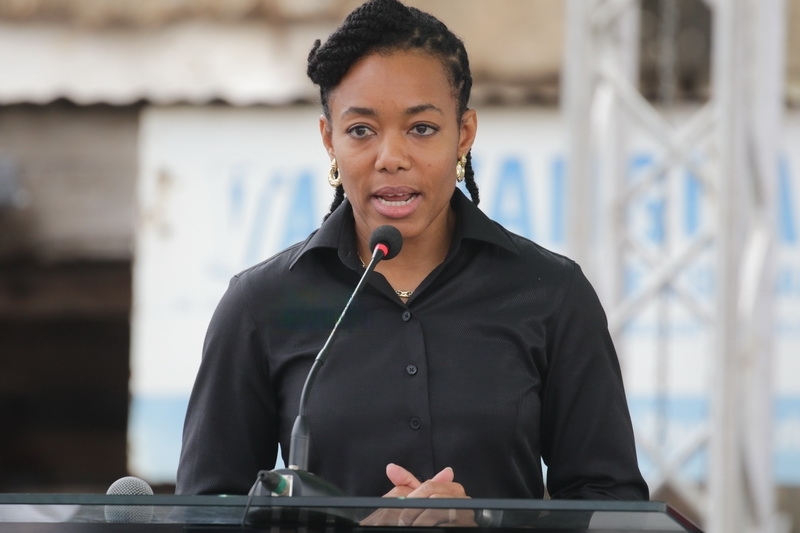
Mr. Speaker, the Abuja Treaty (1991) encompasses Africa’s integration agenda. The overall goal of the agenda is to achieve an African Economic Community at continental level, in six successive stages. These stages include:
- The strengthening of sectoral cooperation;
- The creation of regional free trade areas;
- The establishment of a continental Customs Union;
- A Common Market; and
- A monetary and economic union.
According to the African Union, the consolidation of the Common Market will link the free movement of people, the right of residence and the right of establishment.
Mr. Speaker, on 1st January 2021 our continent achieved a historic milestone for regional integration. On that day we began to trade under the African Continental Free Trade Area (AfCFTA).
Mr. Speaker, as we celebrate the African Continental Free Trade Area (AfCFTA) the reality of our separateness is quite daunting. A continent of wealth of resources, human and every other, is yet somehow living in poverty. Beyond the boundaries created for this continent by persons who sat at a drawing board in a location thousands of miles from here, probably whilst drinking and smoking cigars and pipes, the division of our peoples using language and currencies, the under-education of our wider population and the subtle mental enslavement of making Africans believe they are the poor and underdeveloped nations who should be seeking loans from those who built their nations on resources taken by force and built on slavery, is mournful.
Indeed, a truly feasible free trade area goes beyond celebration of days and establishment of headquarters etc.
Mr. Speaker, living on a continent whose countries are in various levels of economic distress, whose governments have given up part of their sovereignty to institutions that are supposed to have the necessary capability to fix their economies, makes it a bit difficult to imagine the aspirations of the Founding Fathers of the Organisation of African Unity (OAU) and subsequently the African Union (AU) regarding the integration of this continent happening soon.
There are very real obstacles that seem to be ingrained in the architecture of our various nation states that are inimical to the establishment of a truly integrated and self-reliant continent that values human rights and responsibilities in balance, a care for the environment and the true collaboration and cooperation between our peoples. Africa is a vast continent that is anything but homogeneous and we must not attempt to diminish our diversity that makes us unique. But even as we carve the path towards integration on the continent, some of the lessons to learn include the reasons for and the disadvantages of the UK keeping their currency inspite of initially joining the EU. Furthermore, factors leading up to the Brexit referendum should also be reevaluated.
AfCFTA
In addition to that, important issues we must ponder include which countries on the African continent will be net losers in a successful AfCFTA and how to ensure true equity amongst the larger populace across Africa. Have the various African countries taken steps in reforming and aligning their educational curricula to create a foundational-level understanding of the vision of the AU? If so, how tangible are these steps? How can the youth actually be empowered to realize their highest potential and finally, how are the African Heads of States and Governments ensuring good governance to make violent extremism and terrorism less lucrative to the millions of disillusioned citizens on the continent?
Mr. Speaker, the laudable speed at which the AfCFTA Agreement was negotiated, signed, ratified and took effect is unparalleled in the treaty-making history of the African Union, just behind the Constitutive Act of the Union. Despite its adoption and implementation, we need to put in more effort to make the ordinary African Citizens understand and own the regional integration process.
Mr. Speaker, since we, in Ghana, have the constitutionally mandated bodies, like the National Commission on Civic Education, these are some discussions that should be encouraged at the various levels in our communities and among our youth, inviting them to bring their perspectives and offer solutions to a country and continent whose leaders at inception were part of the youthful demographic and who were not told they were “too young to lead!”
Indeed a more deliberate effort must be made to truly give space to the youth to have multiple seats at the decision making table and not wait to be corrupted by some of the bad habits they see before they can have an opportunity to take up leadership roles to transform our communities at the national, regional and continental level. This would require an integrated response by various ministries, departments and agencies. Perhaps we are missing one important question that has not been asked – If money was not a limitation to achieve these aspirations, what do they youth of Ghana and Africa as a whole want?
I thank you, Mr. Speaker, for the opportunity.
Sources:
| M | T | W | T | F | S | S |
|---|---|---|---|---|---|---|
| 1 | 2 | 3 | 4 | 5 | 6 | 7 |
| 8 | 9 | 10 | 11 | 12 | 13 | 14 |
| 15 | 16 | 17 | 18 | 19 | 20 | 21 |
| 22 | 23 | 24 | 25 | 26 | 27 | 28 |
| 29 | 30 | 31 | ||||
